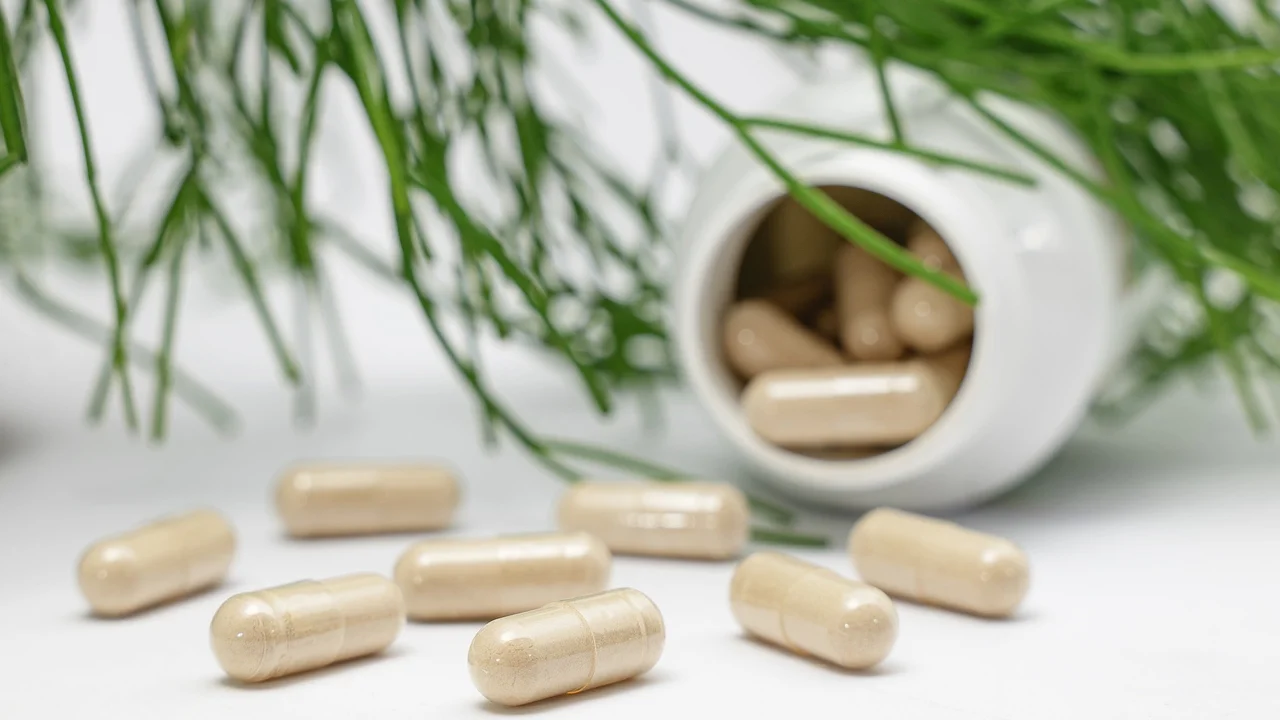Dietary Aids: Simple Guides to Natural Supplements and How to Use Them
If you’ve ever scrolled through a supplement aisle and felt lost, you’re not alone. Dietary aids cover everything from plant extracts to amino‑acid powders, and most of them promise a boost in energy, muscle, or overall health. The trick is to cut through the hype and stick to options that actually work and are safe.
Below you’ll find quick snapshots of the most talked‑about aids, plus a short checklist for picking the right one for your goals. No jargon, just the facts you need to decide today.
Popular dietary aids and what they do
Ecdysterone – Often called the “natural anabolic,” ecdysterone is a beetle‑derived compound found in some plants. Recent trials show it can add a few percent to muscle‑protein synthesis when paired with resistance training. Typical safe dosage is 500 mg taken once daily with food.
Wild Thyme – This herb packs antioxidant and antimicrobial power. Studies suggest it helps with respiratory health and may reduce inflammation after tough workouts. A daily tea or 300 mg capsule is enough for most people.
Oolong Tea – More than a tasty drink, oolong is a mild dietary supplement. Its catechins boost metabolism and support fat oxidation, which some users notice as a subtle increase in energy and focus. Aim for 2–3 cups a day or a standardized extract providing 250 mg of polyphenols.
Fadogia Agrestis – This African shrub has gained a reputation for raising testosterone‑linked energy levels. Early animal work looks promising, but human data are still thin. If you try it, stick to 300 mg per day and monitor how you feel.
Other helpers – Vitamin D, magnesium, and omega‑3s are low‑key dietary aids that support hormone balance, recovery, and brain function. They don’t make headlines, but they’re the foundation for any supplement stack.
How to choose and use dietary aids safely
First, define your goal. Want more strength? Ecdysterone or a proven protein‑boosting supplement is a better fit than a general antioxidant. Need better recovery? Wild thyme or magnesium may be enough.
Second, check the source. Look for third‑party testing (USP, NSF, Informed‑Sport) and read reviews that mention real‑world experiences, not just marketing copy. A reputable brand will list exact ingredient amounts and any filler‑free guarantees.
Third, start low. Even “natural” compounds can cause side effects if you jump straight to the maximum dose. Begin with 50‑75% of the suggested amount, watch for any gut upset, headaches, or sleep changes, and adjust gradually.
Finally, pair supplements with solid basics: balanced meals, regular exercise, and enough sleep. No pill can replace these pillars, and the best results come when they work together.
In short, dietary aids can be a useful addition to your health routine, but they’re only as good as the research behind them and the way you use them. Pick a targeted aid, verify its quality, start small, and keep the fundamentals strong. Your body will thank you with steady progress rather than a quick‑fix roller coaster.
Pipsissewa Extract Benefits: Unlock Natural Wellness with This Herbal Powerhouse
Hey there, fellow health enthusiasts! Have you heard about Pipsissewa, the game-changing herbal supplement that's buzzing in the wellness community? I've been diving deep into the world of natural supplements, and let me tell you, Pipsissewa has seriously impressed me. This potent plant is not just your ordinary dietary addition; it's packed with benefits that can truly transform your daily routine. From bolstering your well-being to supporting your body in ways you wouldn't believe, Pipsissewa is the secret you'll want to add to your health repertoire right now. Stick with me and discover how this remarkable herb can uplift your life in the most natural way!

